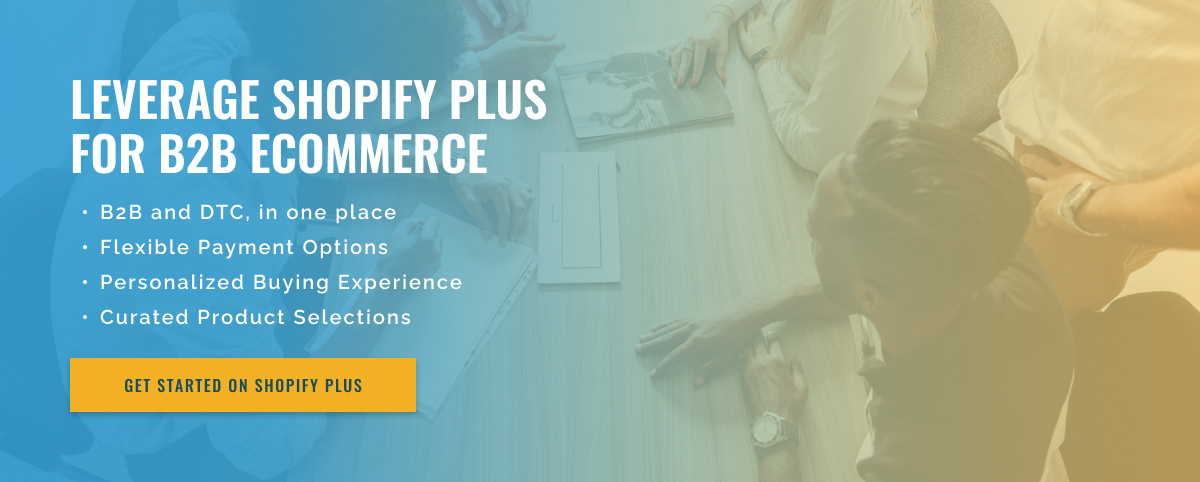3 minute read
Enhancing B2B Approval Processes on Shopify
Shopify is a leading eCommerce platform that has revolutionized the way businesses build and manage their online stores. With its comprehensive feature set, Shopify has become the go-to choice for businesses of all sizes, from small startups to large enterprises. However, while Shopify is known for its ease of use and user-friendly interface, it also has its limitations, especially when it comes to implementing complex business-to-business (B2B) approval processes.
In the B2B world, the purchasing process is often more complex and involves multiple levels of review and approval. This means businesses need a system that can handle these demanding processes efficiently and seamlessly. That’s where developers come in. Developers can extend Shopify’s functionality to handle complex B2B approval processes using Shopify’s robust API and third-party integrations. Here’s how:
1. Custom Apps: Shopify allows developers to create custom apps that integrate with the platform. These apps can be customized to meet the specific needs of B2B businesses, such as creating custom workflows and approval processes.
2. Third-party integrations: Shopify’s API allows for easy integration with third-party tools and systems. Developers can use it to connect Shopify to other apps, such as CRMs or enterprise resource planning (ERP) systems, that can handle complex B2B approval processes.
3. Custom checkout: Developers can also use Shopify’s API to customize the checkout process for B2B approval processes. For example, you can add fields to approve orders and modify the payment process to accommodate different payment methods, such as invoices or purchase orders.
4. Bulk orders: Bulk orders are common for B2B businesses. Developers can create custom apps or use third-party integrations to enable this feature in Shopify. This allows businesses to place large orders in a single transaction, saving time and effort.
5. Custom pricing and discounts: B2B businesses often have unique pricing structures and discounts based on the quantity of products purchased or the status of the customer. Developers can create custom apps that can adjust prices and discounts based on parameters set by the company.
In summary, while Shopify is already a powerful eCommerce platform, it is not limited to out-of-the-box features. Developers can leverage Shopify’s APIs and third-party integrations to extend functionality and support complex B2B approval processes. With their knowledge and creativity, developers can help companies optimize their purchasing processes and increase efficiency.

